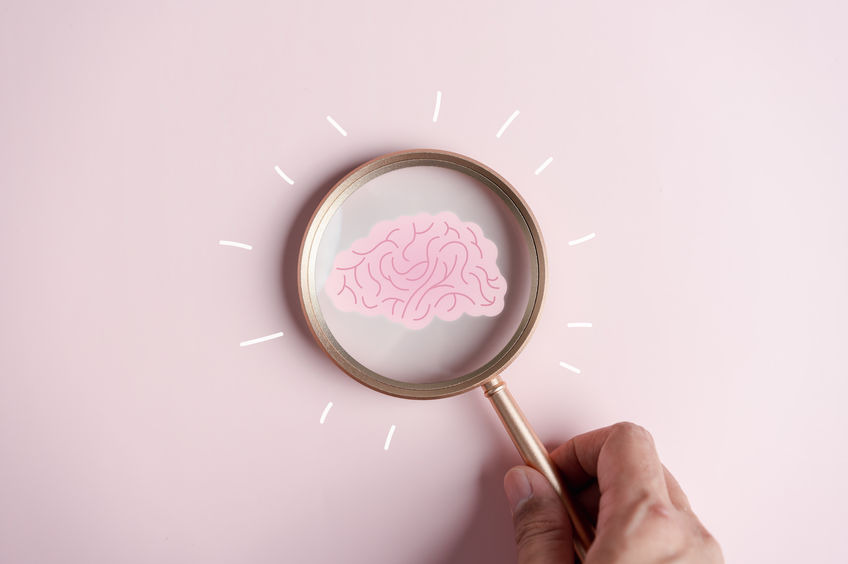Still insufficient support for the effectiveness of mild brain stimulation

There is still insufficient scientific support for the effectiveness of mild brain stimulation as an additional treatment for conditions like dementia and schizophrenia. This is the conclusion drawn by researcher Anika Poppe from the University of Groningen in an article recently published in the prestigious scientific journal Psychological Bulletin.
Mild brain stimulation is known as a promising supplementary treatment method for cognitive disorders such as dementia and schizophrenia. By using electrodes on the head, mild electric currents are directed through the brain. Especially in combination with cognitive training – a frequently applied form of therapy involving activities like memory games on the computer – brain stimulation could enhance the absorption of new information and the learning of new things.
Meta-analysis
According to researcher Anika Poppe from the University of Groningen and her colleagues, the effectiveness of this treatment combination is still not sufficiently clear. In order to bring about a change, they systematically reviewed 72 previously conducted studies on mild brain stimulation in a so-called meta-analysis. Based on this meta-analysis, Poppe does not find indications of an additional effect of brain stimulation on top of cognitive training. There were slight improvements in cognitive functioning immediately after the training, but these did not persist in the long term. The daily functioning of the participants and the symptoms they were experiencing did not improve either.
More research
This could mean that brain stimulation simply does not work as well as thought. However, as Poppe warns, the existing research on mild brain stimulation has significant methodological shortcomings. Therefore, Poppe advocates for more extensive and better-designed research to determine whether it is meaningful to implement mild brain stimulation in practice for individuals with cognitive disorders.
- Article in Psychological Bulletin
- Profile page Anika Poppe
- Related content: 'Do people with serious mental disorders benefit from cognitive training?'
More news
-
03 February 2026
‘Such willpower’
-
20 January 2026
Alcohol, texting, and e-bikes
-
13 January 2026
Lonneke Lenferink joins The Young Academy


